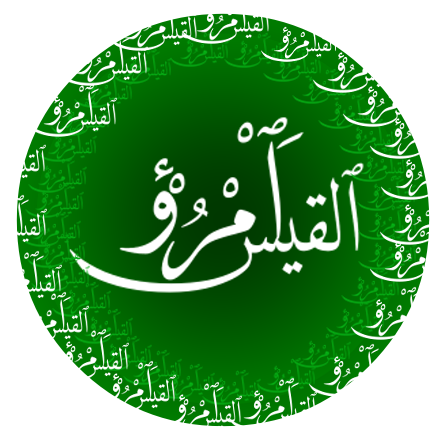The Sacred Books and Early Literature of the East, Vol. 5, p. 22
Poetry, Couplets
Source: https://archive.org/details/sacredbooksearly05hornuoft/page/18/mode/2up The Sacred books and Early literature of the East, Vol. 5, p. 22
Famous Imru' al-Qais Quotes
The Sacred Books and Early Literature of the East, Vol. 5, p. 20
Poetry, Couplets
Source: https://archive.org/details/sacredbooksearly05hornuoft/page/18/mode/2up
The Sacred Books and Early Literature of the East, Vol. 5, p. 20
Poetry, Couplets
Diwan of Imru' al-Qays, Poem 2, quoted in Dictionary of Literary Biography, p. 213
The Poem of Imru' al-Qais
The Sacred books and Early literature of the East, Vol. 5, p. 22 https://archive.org/details/sacredbooksearly05hornuoft/page/18/mode/2up
The Poem of Imru' al-Qais, Couplets
